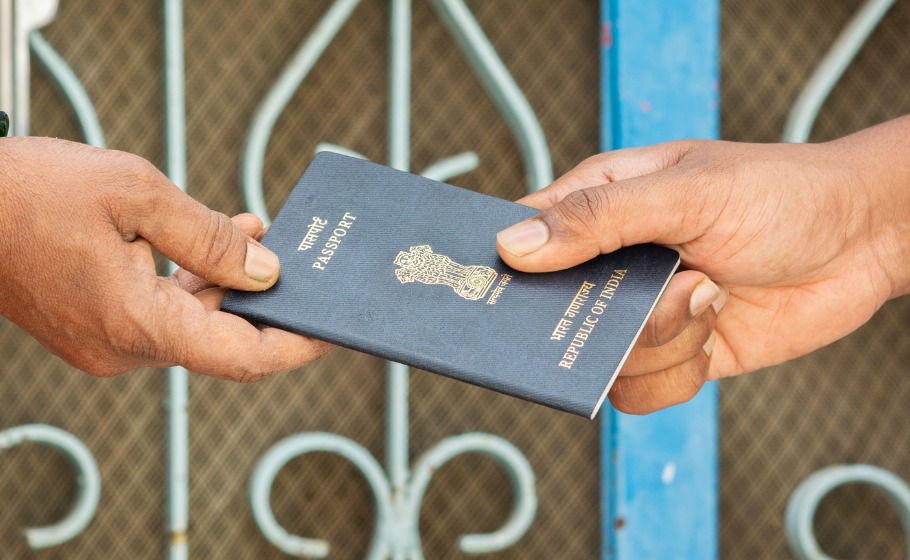
Govt invites applications for citizenship from non-Muslim refugees from 3 countries

The Centre on Friday (May 28) invited non-Muslims — Hindus, Sikhs, Jains and Buddhists — belonging to Afghanistan, Bangladesh and Pakistan and living in 13 districts of Gujarat, Rajasthan, Chhattisgarh, Haryana and Punjab to apply for Indian citizenship.
It granted powers under existing rules to authorities to accept, verify and approve citizenship applications from members of minority communities hailing from Pakistan, Afghanistan and Bangladesh.
The notification lists Hindus, Sikhs, Buddhists, Jains, Parsis and Christians as the communities that will be covered, and states that the applications will have to be submitted online.
Also read: Explained: All about Citizenship Amendment Act, 2019 and the row over it
The notification was issued as the government is yet to frame rules under the Citizenship Amendment Act (CAA) enacted in 2019. It asked the authorities to immediately implement the order under the Citizenship Act 1955 and rules framed under the law in 2009.
“In exercise of powers conferred under Section 16 of the Citizenship Act, 1955 (57 of 1955), the Central government hereby directs that powers exercisable by it for registration as citizen of India under Section 5, or for grant of certificate of naturalization under section 6 of the Citizenship Act 1955 in respect of any person belonging to minority community in Afghanistan, Bangladesh and Pakistan namely, Hindus, Sikhs, Buddhists, Jains, Parsis and Christians, residing in the districts mentioned and the states mentioned… shall also be exercisable by the Collector, within whose jurisdiction the applicant is ordinarily resident,” the notification said.
Also read: PM Modi does not require a citizenship certificate. Here’s why
The districts mentioned in the notification are: Morbi, Rajkot, Patan and Vadodara (Gujarat); Durg and Balodabazar (Chhattisgarh); Jalore, Udaipur, Pali, Barmer and Sirohi (Rajasthan); Faridabad (Haryana); and, Jalandhar (Punjab).
It also granted similar powers to the home secretaries of Haryana and Punjab, except for Faridabad and Jalandhar.
“The verification of the application is done simultaneously by the Collector or the Secretary, as the case may be, at the district level and the state level and the application and the reports thereon shall be made accessible simultaneously to the Central Government on online portal,” the order said.
“The Collector or the Secretary, as the case may be, on being satisfied with the suitability of the applicant, grants him the citizenship of India by registration or naturalization and issues a certificate of registration or naturalization, as the case may be, duly printed from online portal and signed by the Collector or the Secretary, as the case may be, in the form as prescribed in the said rules,” the notification said.
In 2019 when the latest CAA was enacted, there were widespread protests in many parts of the country and riots took place in Delhi in early 2020 in the wake of these protests.
According to the latest CAA which has lapsed, Indian citizenship was to be given to non-Muslim persecuted minorities from Bangladesh, Pakistan and Afghanistan — Hindu, Sikh, Jain, Buddhist, Parsi and Christian — who had come to India till December 31, 2014.

